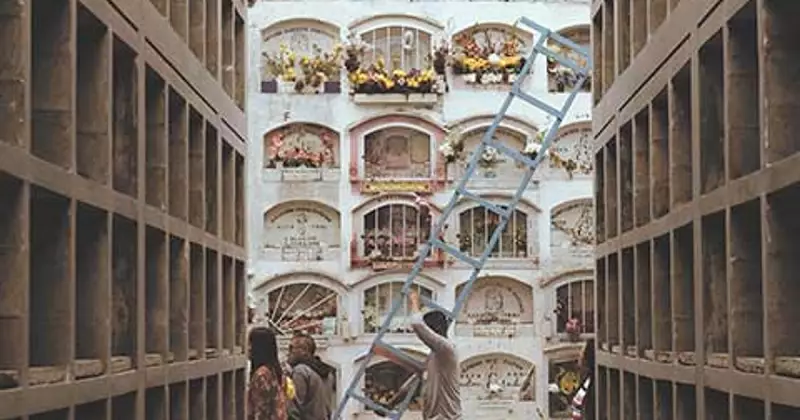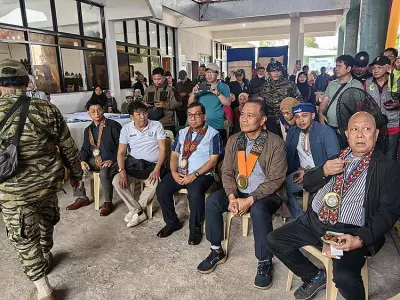
In the Philippines, cemeteries undergo a remarkable transformation during certain times of the year, becoming anything but somber places of mourning. Instead, they evolve into vibrant hubs of activity, filled with laughter, shared meals, and heartfelt reunions. This unique cultural phenomenon reveals much about the Filipino approach to life, death, and family bonds.
More Than Just Memorial Visits
While many cultures visit cemeteries to pay respects to departed loved ones, Filipinos take this practice to another level. These visits become extended family gatherings that can last entire days, especially during Undas – the local observance of All Saints' Day and All Souls' Day on November 1st and 2nd.
The Social Heart of Cemetery Gatherings
What makes Filipino cemetery visits truly distinctive is their social nature. Families don't just come to lay flowers and say prayers; they bring:
- Full meals and picnic setups
- Folding chairs and sleeping mats
- Musical instruments and games
- Multiple generations of relatives
This transforms grave sites into temporary family compounds where stories are shared, relationships are strengthened, and the memory of ancestors becomes a living presence among the living.
Cultural Roots and Modern Practices
The tradition stems from deep-seated Filipino values that prioritize family connections across generations. Many believe that during Undas, the spirits of loved ones return to visit, making these gatherings a way to welcome them back into the family circle.
"It's not about mourning their loss, but celebrating their continued presence in our lives," explains one cultural observer. "We treat it like a family reunion where some members happen to be in spirit form."
Preparations That Rival Holiday Festivities
Weeks before the cemetery visits, Filipino families engage in extensive preparations:
- Thorough cleaning and repainting of tombs
- Planning special meals and food offerings
- Coordinating travel arrangements for relatives
- Preparing overnight accommodations
These preparations demonstrate how seriously Filipinos take these occasions, treating them with the same importance as major holidays like Christmas.
A Testament to Resilience and Family Values
This unique tradition showcases the Filipino ability to find joy and community in what other cultures might consider solemn occasions. It represents a worldview where death isn't something to be feared or avoided, but rather integrated into the ongoing story of family and community.
As one regular cemetery visitor notes: "We don't just remember our loved ones – we include them in our celebrations, our conversations, and our lives. That's what makes our cemetery visits so special."





